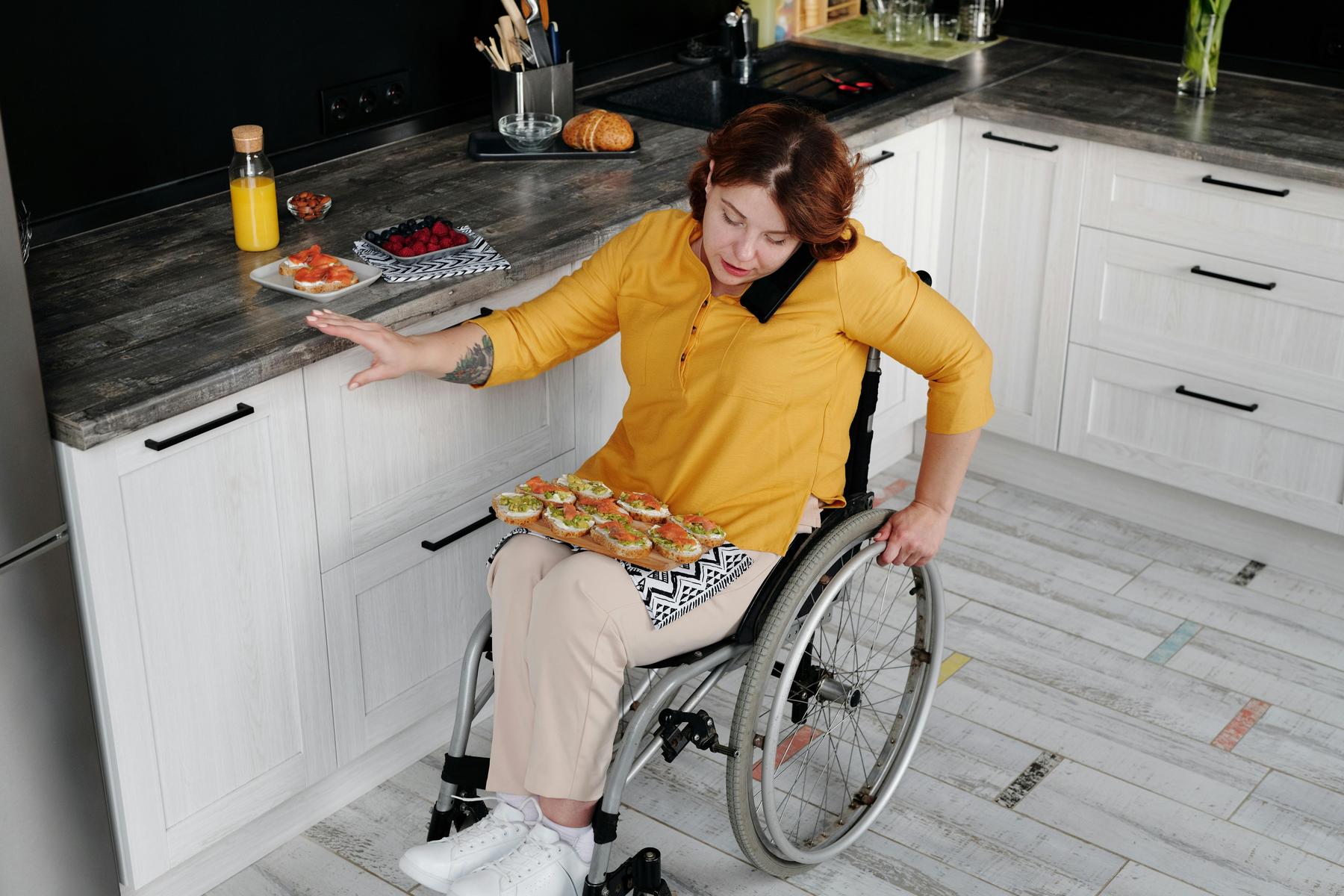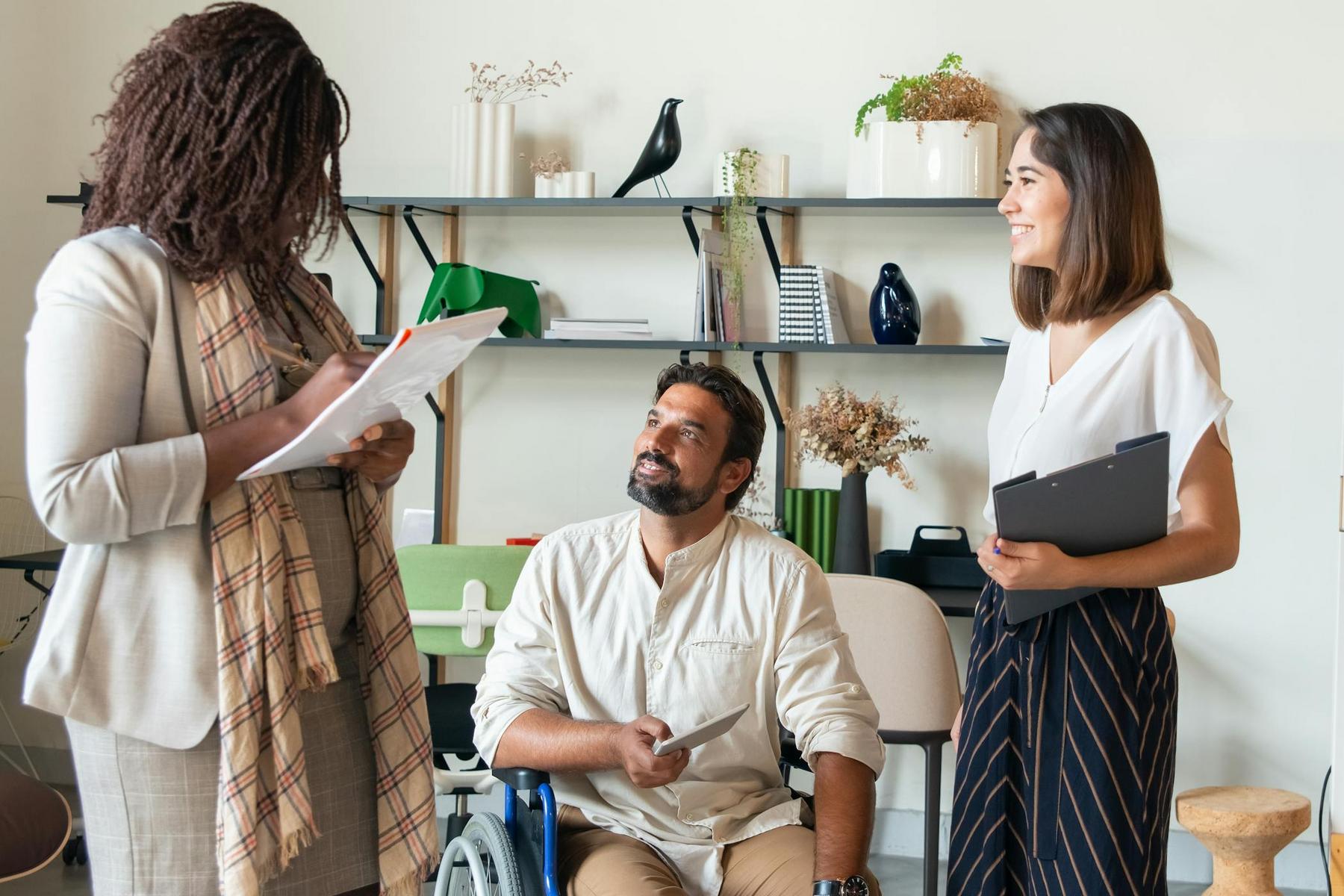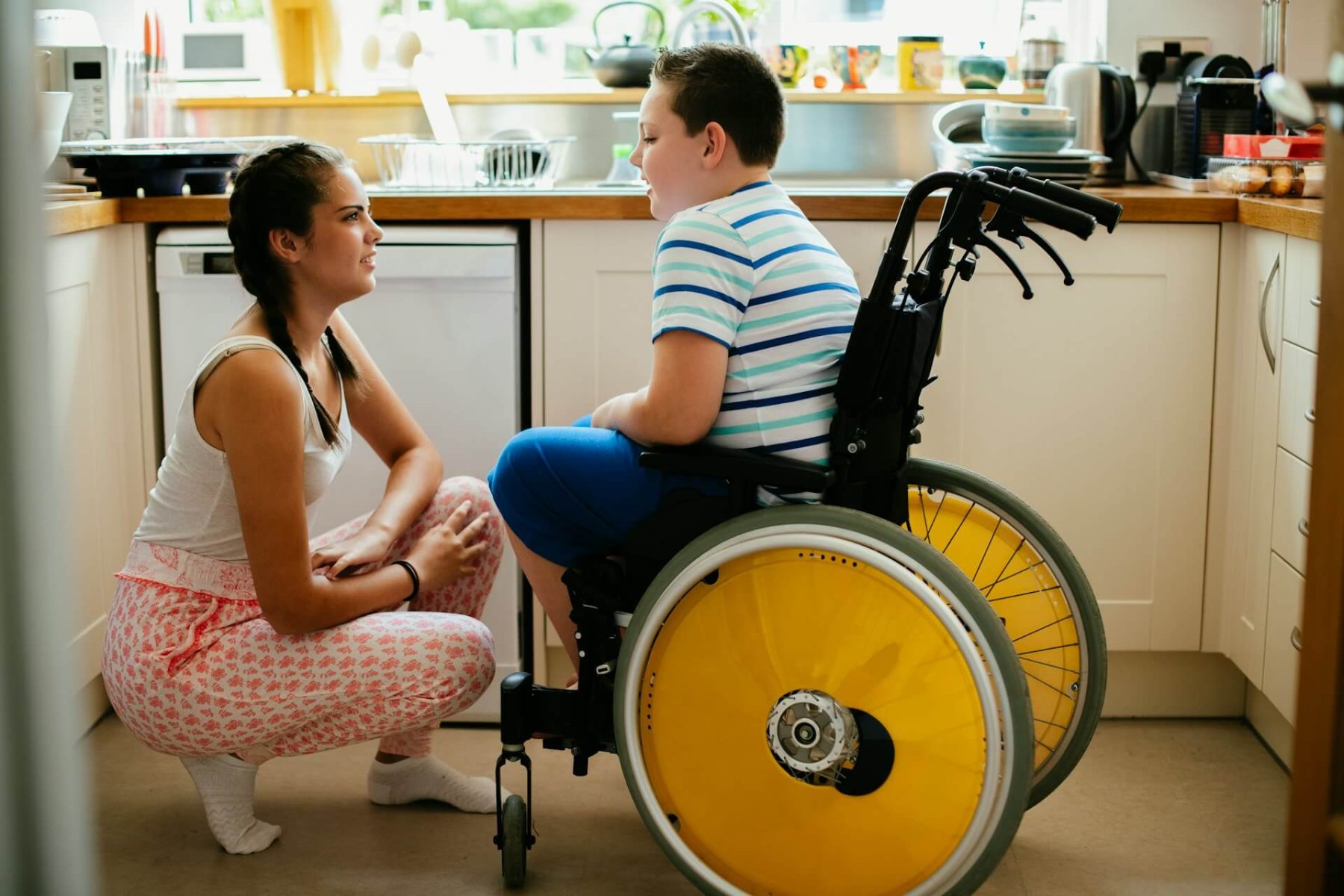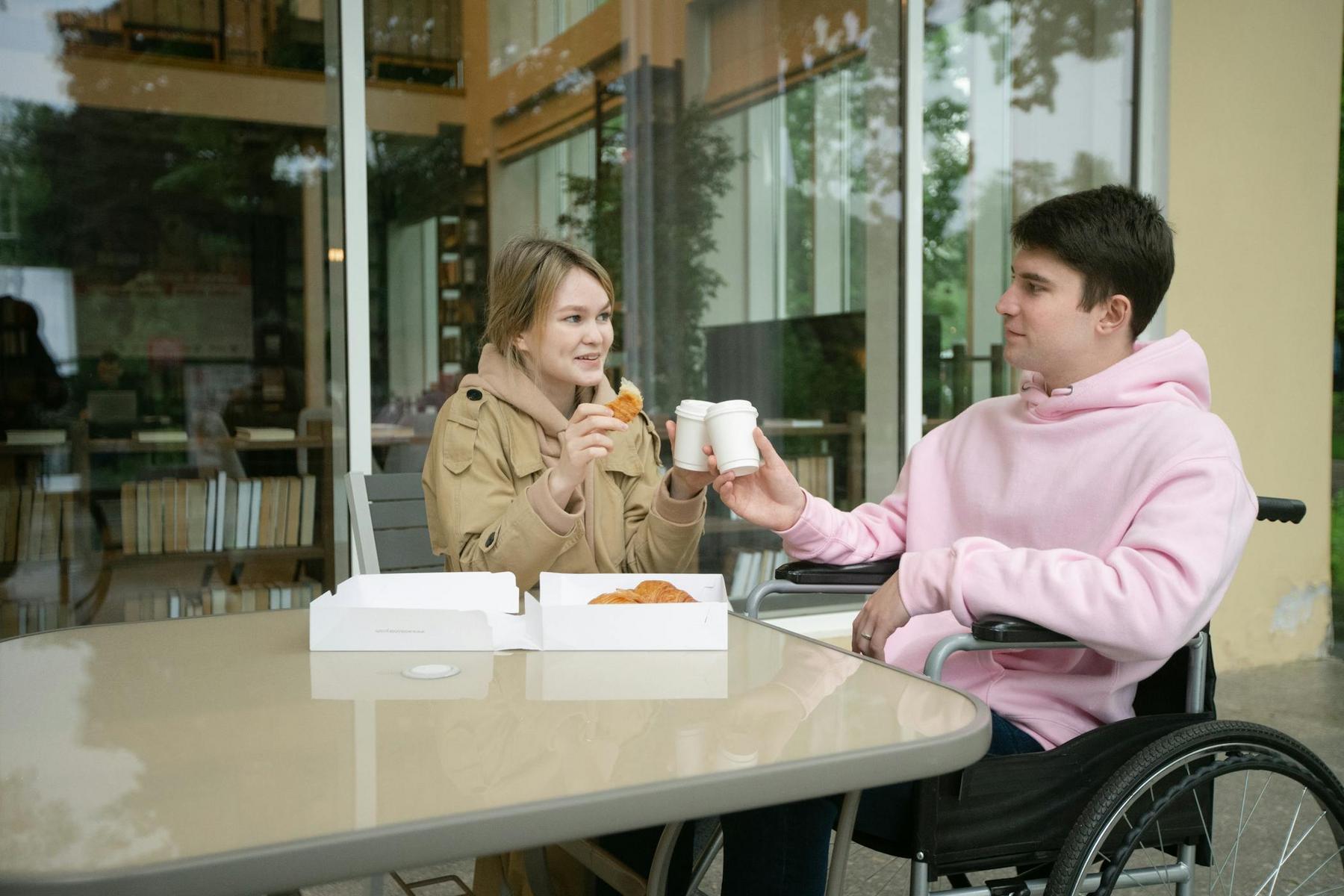In the journey towards independence, developing essential life skills forms the cornerstone of personal autonomy for individuals with disabilities. The National Disability Insurance Scheme (NDIS) recognises this fundamental need, providing structured supports that empower participants to master daily living skills at their own pace. For many Australians living with disability in Cairns and beyond, the path to independence isn’t about achieving complete self-sufficiency overnight—it’s about building confidence, capability, and control over everyday activities that most take for granted.
What Are the Core Life Skills Supported Under the NDIS?
The NDIS framework recognises several categories of essential life skills that contribute to greater independence. These skills aren’t merely functional capabilities—they’re pathways to dignity, self-determination, and meaningful participation in community life.
At its core, the NDIS supports skill development across several key domains:
Personal Care and Hygiene
Personal care skills form the foundation of independence and dignity. These include:
- Daily hygiene routines (showering, teeth brushing, hair care)
- Dressing and grooming appropriately for different situations
- Managing personal health needs
- Toileting and personal hygiene maintenance
Developing autonomy in these intimate aspects of life isn’t just practical—it’s profoundly empowering. NDIS participants working with Advanced Disability Management in Cairns often begin their independence journey by establishing consistent personal care routines that suit their individual needs and capabilities.
Household Management
Creating and maintaining a functional living space involves multiple skill sets:
- Cleaning and organising living areas
- Laundry management
- Basic home maintenance
- Safety awareness within the home environment
- Waste management and recycling
These skills directly contribute to living safely and comfortably, while also fostering pride in one’s personal space.
Meal Preparation and Nutrition
Food preparation combines practical skills with health knowledge:
- Menu planning and nutritional understanding
- Safe food handling and storage
- Grocery shopping and budgeting
- Cooking techniques and kitchen safety
- Dietary management for specific health needs
For many participants, cooking represents a significant milestone in their independence journey—transforming from a complex challenge to a creative, satisfying daily activity.
Financial Management
Financial literacy underpins sustainable independence:
- Budgeting and expense tracking
- Bill payment systems
- Banking and financial decision-making
- Understanding financial supports and entitlements
- Consumer rights and responsibilities
With appropriate support, NDIS participants can develop systems that help them manage their finances with increasing confidence and autonomy.
Community Navigation and Participation
Engaging meaningfully with the broader community involves:
- Public transport use and navigation
- Accessing local services and facilities
- Participating in social and recreational activities
- Communication in community settings
- Building and maintaining social connections
For Cairns residents, this might include learning to navigate the Esplanade, access local shopping centres, or participate in community events.
How Can Individuals Effectively Build Independence in Personal Care?
Personal care routines are intimate and highly individualised, making this area particularly important for person-centred approaches. Here are effective strategies for developing independence in personal care:
Task Analysis and Sequential Learning
Breaking complex activities into smaller, manageable steps makes learning more achievable. For example, a morning routine could be broken down into:
- Alarm recognition and response
- Bathroom navigation
- Toothbrushing sequence
- Shower preparation and execution
- Dressing appropriately for weather/activities
Support workers from Advanced Disability Management utilise task analysis techniques to identify precisely where assistance is needed versus where independence can be fostered. This targeted approach prevents unnecessary dependence while ensuring safety and dignity.
Visual Supports and Environmental Modifications
Many NDIS participants benefit from:
- Visual schedules illustrating steps in personal care routines
- Colour-coded organisational systems for personal items
- Modified bathroom environments with appropriate aids
- Sensory adaptations that make routines more comfortable
These supports can significantly reduce cognitive load and anxiety around personal care tasks, making independence more achievable.
Consistent Practice with Fading Support
The journey to independence requires:
- Regular, consistent practice of skills in real-life settings
- Gradual reduction of physical assistance as capability increases
- Verbal prompting that transitions to visual reminders
- Celebration of incremental achievements and progress
As one Advanced Disability Management client shared: “I never thought I’d be able to manage my morning routine independently. Now I only need reminders for medication—everything else I can do myself.”
What Strategies Help Develop Household Management and Financial Skills?
Managing a home environment and personal finances requires practical systems and ongoing support. Effective approaches include:
Practical Learning Through Real-Life Application
Abstract concepts become concrete through hands-on experience:
- Guided shopping trips to practice budgeting and decision-making
- Setting up automated bill payments with supervision before transitioning to independent management
- Creating personalised cleaning schedules that account for energy levels and capabilities
- Developing household inventory systems for managing supplies
These real-world activities provide meaningful context for skill development rather than theoretical knowledge alone.
Technology Integration for Independence
Modern technology offers powerful supports:
- Smartphone reminders for bill payments and household tasks
- Budget tracking apps with visual representations of spending
- Smart home devices for environmental control and safety
- Online banking with appropriate safeguards
For many NDIS participants, technological solutions bridge the gap between full dependence and complete independence, creating sustainable systems that grow with their capabilities.
Collaborative Planning and Goal Setting
Sustainable skill development centres on personally meaningful goals:
- NDIS planning sessions that identify priority household skills
- Collaborative development of step-by-step learning plans
- Regular review and adjustment of strategies based on progress
- Celebration of milestones, no matter how small
Advanced Disability Management’s support workers engage participants in identifying which household and financial skills matter most to them, ensuring motivation remains high throughout the learning process.
How Does Community Participation Contribute to Independence?
Community engagement isn’t separate from independence—it’s integral to it. Meaningful participation:
Builds Social Confidence and Communication Skills
Regular community interaction develops:
- Confidence in various social settings
- Practical communication skills for different contexts
- Problem-solving abilities when facing unexpected situations
- Self-advocacy in public environments
These skills transfer across all areas of independent living, enhancing overall capability and resilience.
Creates Natural Support Networks
Community participation facilitates:
- Development of friendships and peer relationships
- Connections with local businesses and service providers
- Informal support systems beyond paid assistance
- Sense of belonging and community identity
For Cairns residents, local connections provide both practical assistance and meaningful social relationships that enrich independent living.
Provides Authentic Learning Environments
Community settings offer:
- Real-world contexts for applying skills
- Natural consequences that reinforce learning
- Diverse challenges that build adaptability
- Increased motivation through meaningful engagement
As one participant noted: “Using public transport seemed impossible until my support worker helped me practice the same route to my favourite café. Now I can go independently, and the staff know me by name.”
The Impact of Different Life Skills on Independence
| Life Skill Area | Impact on Independence | Common Challenges | Effective Supports |
|---|---|---|---|
| Personal Care | Fundamental to dignity and self-image | Sensory sensitivities, motor coordination | Visual schedules, adaptive equipment, consistent routines |
| Household Management | Creates safe, functional living environment | Task sequencing, energy management, remembering routines | Colour-coded systems, modified tools, technology reminders |
| Financial Management | Ensures sustainable, stable living situation | Abstract concepts, planning ahead, numerical processing | Visual budgeting tools, automated systems, real-life practice |
| Meal Preparation | Supports health, nutrition and social connection | Safety concerns, sequencing, timing coordination | Adapted equipment, pictorial recipes, meal planning systems |
| Community Navigation | Enables broader life participation and reduces isolation | Transport anxiety, social interaction, unexpected changes | Gradual exposure, transport training, communication supports |
What Role Does Assistive Technology Play in Supporting Daily Living?
Assistive technology has revolutionised independence for many NDIS participants, offering solutions that bridge capability gaps and enhance existing skills.
Smart Home Integration
Modern homes can be equipped with:
- Voice-activated systems for environmental control
- Medication reminder systems with dispensing capability
- Safety monitoring that respects privacy while ensuring wellbeing
- Appliance adaptations that accommodate different abilities
These technologies reduce dependence on human assistance while maintaining safety and functionality.
Mobile Applications and Devices
Portable technology provides ongoing support:
- Navigation apps for community access
- Visual scheduling tools for daily routines
- Communication supports for community interactions
- Health monitoring and medication management
For many participants, smartphone technology provides discrete, empowering support that grows with their skills and needs.
Customised Solutions for Individual Needs
Effective assistive technology is highly personalised:
- Assessment by qualified NDIS providers to identify appropriate solutions
- Trial periods to ensure technology meets actual needs
- Training and ongoing support for both participants and carers
- Regular reviews as skills and needs evolve
Advanced Disability Management works with participants to identify technology that complements their personal goals and preferences rather than implementing one-size-fits-all solutions.
How Can Support Workers Facilitate Skill Development?
The approach taken by support workers significantly impacts independence outcomes. Effective facilitation involves:
Balancing Support with Opportunity
Skilled support workers:
- Provide just enough assistance to enable success
- Allow appropriate time for independent attempts
- Step back when skills are emerging, even if completion is slower
- Create safe environments for trial and error
This delicate balance prevents both frustration from insufficient support and learned helplessness from excessive assistance.
Consistent Approach Across Support Team
Coordinated support ensures:
- Consistent language and prompting techniques
- Shared understanding of current capability levels
- Uniform expectations across different support shifts
- Collaborative problem-solving when challenges arise
Advanced Disability Management emphasises team communication to ensure participants receive consistent support that builds rather than confuses their developing skills.
Celebrating Progress and Building Confidence
Psychological support is as important as practical assistance:
- Recognition of effort, not just outcomes
- Documentation of progress to visualise growth
- Positive reinforcement of emerging skills
- Reframing “failures” as learning opportunities
This approach builds the confidence necessary for participants to attempt new challenges and persist through difficulties.
Building Independence: A Continuous Journey
Developing independence under the NDIS isn’t a linear process with a clear endpoint—it’s an ongoing journey of growth, adaptation, and empowerment. Each new skill builds confidence for the next challenge, creating positive momentum toward greater autonomy.
For Cairns residents, Advanced Disability Management provides individualised support that recognises both the universal human desire for independence and the unique pathway each person takes toward achieving it. Through structured skill development, appropriate technological support, and person-centred approaches, NDIS participants can achieve meaningful independence that enhances quality of life and community participation.
The most successful independence journeys share common elements: they start with personally meaningful goals, progress at an individual pace, celebrate incremental achievements, and adapt to changing needs and circumstances. With the right support framework, NDIS participants can develop the skills, confidence, and systems necessary for sustainable independence in daily living.
How does the NDIS fund skill development for daily living?
The NDIS provides funding through several categories that support independence skill development. These primarily include Improved Daily Living Skills (capacity building supports) and Core Supports for assistance with daily activities. Participants can use these funding categories to access skill-building programs, one-on-one coaching, assistive technology, and modified equipment that facilitates learning and independence. During planning meetings, it’s important to explicitly discuss independence goals to ensure appropriate funding allocation.
What’s the difference between supporting independence and providing care?
Supporting independence focuses on developing a person’s capabilities to perform tasks themselves, even if that process takes longer initially. It involves teaching, coaching, and gradually reducing assistance as skills develop. In contrast, providing care involves doing things for a person that they cannot currently do themselves. Both approaches have their place in disability support, but the NDIS emphasises the importance of building capacity wherever possible, rather than creating or maintaining unnecessary dependence.
How long does it typically take to develop independent living skills?
Skill development timelines vary significantly based on individual factors including previous experience, cognitive processing, motor skills, and the complexity of the task being learned. Some skills might develop within weeks with consistent practice, while others may take months or years to master. Rather than focusing on predetermined timelines, the most effective approach involves setting personalised, achievable goals with regular progress reviews and adjustments. This respects individual learning styles and celebrates incremental achievements rather than measuring against standardised expectations.
How can families support independence without overstepping?
Families play a crucial role in the independence journey by providing emotional support, creating practice opportunities, and maintaining consistent expectations across different environments. Effective family support includes allowing appropriate risk-taking in safe environments, resisting the urge to step in too quickly when challenges arise, acknowledging and celebrating progress, and working collaboratively with professional support workers. Open communication about the balance between safety and independence helps create a supportive environment where skills can flourish.
What happens when independence goals change or evolve?
The NDIS recognises that goals naturally evolve as participants develop new skills or their circumstances change. Participants can discuss changing priorities during plan reviews, allowing funding to be redirected toward new independence goals. Between formal reviews, most providers can adjust support approaches to accommodate evolving needs while remaining within the framework of the current plan. Maintaining open communication with support coordinators and service providers ensures that support remains aligned with current priorities.



